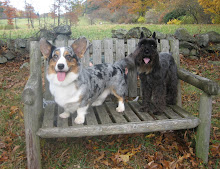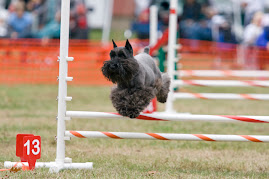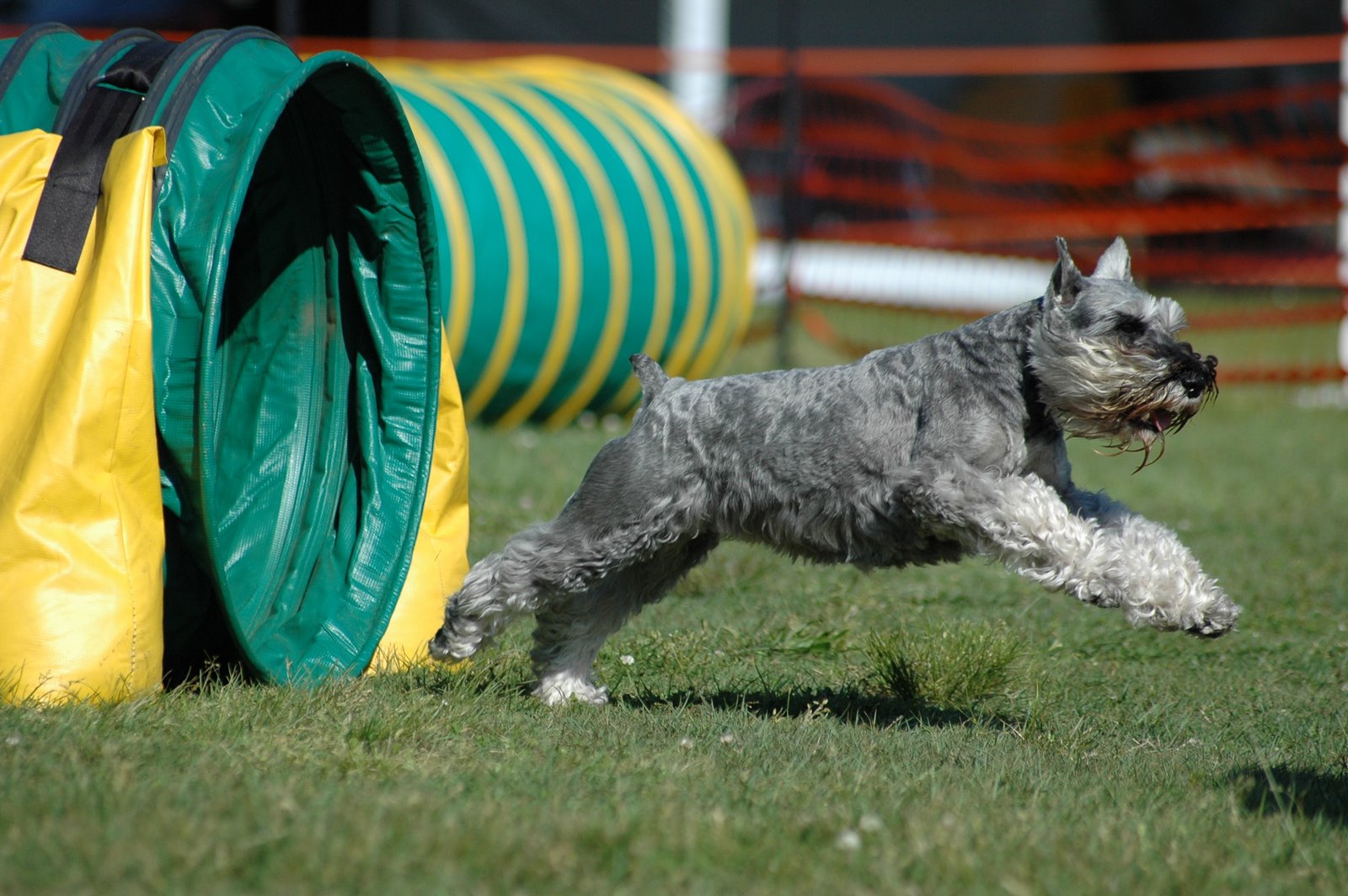Judy Asarkof, owner of Natural Pet Options, taught the seminar and had loads of info to share. I had met Judy online via the New England rawfed e-mail list and she mentioned that she teaches a free seminar at Especially for Pets, then Katrin mentioned that the Especially for Pets seminar is quite good; it became a no-brainer whether or not to attend.
One of the things that came up is the Bravo! recall. Judy pointed out that 23% of all chicken tested shows Salmonella present, and the USDA accepts this as the NORM. Interesting; from the Bravo! Website:
How did your Bravo! products become contaminated?
Raw meat, especially poultry, harbors pathogens (bacteria). That is why it is essential for you to wash your hands after handling raw meat and to clean surfaces and utensils that have been in contact with raw meat. Approximately 15 percent to 23 percent of all poultry is estimated to be contaminated with Salmonella by the time it reaches the age of slaughter. Therefore, contamination takes place long before the poultry parts ever make it to raw diet manufacturers for processing. The USDA recognizes Salmonella as a fact of life and has even set “tolerance levels” for Salmonella – so poultry producers are allowed to have a certain amount of Salmonella present in their birds. The reality for raw feeders is that low levels of pathogens are present in most raw meats, most of the time, whether they feed raw meat from the supermarket or whether they buy prepared raw diets from manufacturers. If you have been feeding raw food to your pet for more than a day or two, your pet has consumed pathogens such as Salmonella.
Judy discussed some of the reasons people switch to raw (this is when I arrived - damn traffic), the most important reason being that feeding raw food is a building block - using good nutrition to provide the body with all the tools it needs to grow, heal, thrive and maintain a strong immune system. Other side benefits that point to ways in which the body is healthier when on raw include:
- Raw is easier for a dog to digest and is more hydrated than kibble;
- Lack of "dog" breath;
- Lack of coat smell;
- Less dander; and more reasons to numerous to list in one posting.
She said, when animals eat food that isn't ideal for them, the side effects of eating that food will be noticeable in some manner. See above.
For me the big message I got from this seminar is that there is no ONE way to feed raw, no absolutely perfect method. Some of the books you read are very strict, for example I picked up Billinghurst's The BARF Diet and felt like if I don't feed his model exactly Ike is going to be stricken down with name-your-disease. A friend lent me Volhard's Guide to the Holistic Dog; after reading Billinghurst, comparatively, I couldn't BELIEVE how many grains were included in her diet.
Judy pointed out the Volhard is a Golden person. Some owners have Goldens with poor health, which sometimes equals poor coat and they find that adding some grains seem to help the problem. Many dogs, including Goldens, suffer with hypothyroid and this is why Volhard feels grains are important. Volhard feels grains are necessary for a healthy thyroid. Judy feels that IF feeding grains helps the coat - this is a stop-gap measure and essentially manages the problem but doesn't cure it. Grains are NOT necessary for a healthy thyroid - in fact - many of us feel grains contribute to unhealthy everything in canines.
Judy stressed that you have to think about the whole animal - both the whole animal that you live with and what they gravitate towards, and the "whole animal" you plan on feeding. So I need to start thinking about balance as a more gradual and long-term thing. It is not something that needs to be achieved with each individual meal but all the meals as a whole.
Here are some additional thoughts/points:
- Think always of modeling after the wolf diet and feed predominantly red meat: venison, beef, lamb, goat;
- Feed 2/3 red meat, 1/3 other meat;
- When choosing to use prepared raw diet options consider feeding 2/3 items that contain bone and 1/3 items without bone to better approximate what is found in a prey animal;
- Ripping meat OFF Bones provide good digestion priming (i.e. tells the belly that food is coming);
- Grass-finished meat over grass-fed (Grass-fed is a term that is now frequently manipulated).
In addition Judy suggested that I feed Ike lean meats since he is on a diet at the moment: venison, rabbit, buffalo, grass-fed beef, and elk. She suggested avoiding lamb and tripe right now as both are higher in fat. Judy also doesn't feel that supplements are absolutely necessary all of the time. She feels if a dog is eating a complete diet they don't need them.
On my way out I picked up some Bravo! Elk and Buffalo for the boy. Unfortunately, Coolen's just started carrying Bravo! and they don't have a huge selection at the moment. I would like to eventually move away from the prepared diets, or solely supplement with prepared diets when life gets too hectic, but until I do more research and get a freezer prepared diets it is.
Lots of food for thought!






3 comments:
Hmmmm...Very interesting!!!
As soon as I saw the Bravo recall, my exact reaction was "WTF!?" Dogs are NOT affected by salmonella...
I have heard similar things about not needing supplements while feeding raw unless you've got a real issue. A raw-fed dog should be getting enough glucosamine/chrondroitin but if the dog's got arthritis that's when it's appropriate to supplement, from what I've gathered.
BTW that sport dog site I love is http://www.leerburg.com/ Lots of articles on the site. The link to the forum is at the top of the page. I actually DON'T recommend lurking because you should be asking all of those questions/concerns as they pop into your head -- that's how you learn!
Actually it's the people they're more worried about the salmonella with, or listeria or what ever. I feed raw, have for oh about 8yrs, wouldn't go back to kibble for anything, can't actually with Niche as I think he'd die and I think Monty would go on hunger strike for over a week and considering how skinny he is already, that would be really bad, but I digress. There is some thought that right now *I* have a listeria or past listeria infection which is causing some of my problems. Where would I have gotten it? The dog food of course. Does it mean I'll stop feeding it? Hell, NO! Just because I can be incredibly stupid about food handling doesn't mean I should peanilize my dogs well being! IF I did what I was supposed to, like not feed the dogs then forget to go immediately upstairs and wash my hands, I wouldn't be in this perdicement. And hey the chance is so slim anyway.
I am so glad she told you 'not 1 right way'. There are so many 'right' ways and it all depends on your dog and what works for the dog and you. Oh yeah, if you have cats, it's a terrific diet for them too as they are strict carnivors and do excellent on raw.
Post a Comment